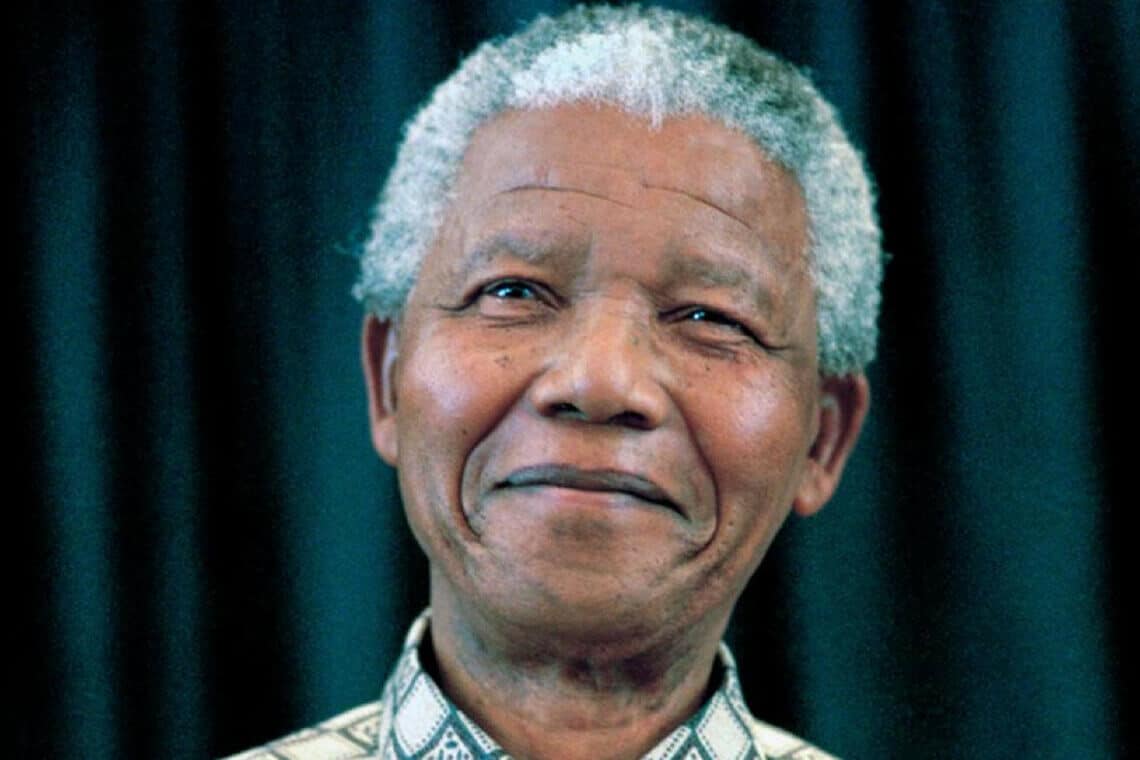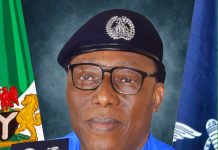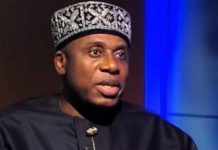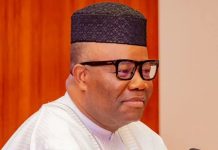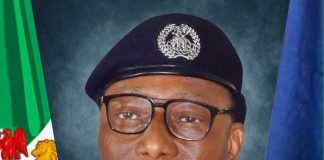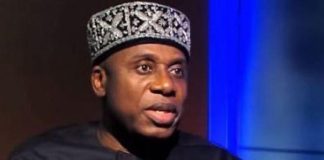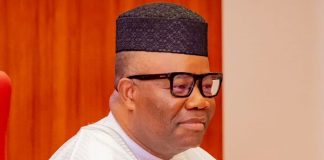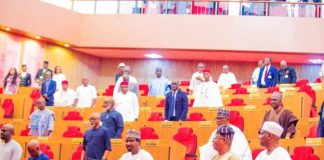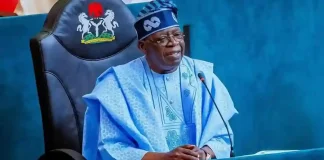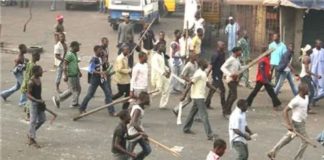🌿 Ruzu Non-Alcoholic Herbal Bitters
Ruzu Non-Alcoholic Herbal Bitters is a natural health supplement specially formulated to:
- ✅ Promote general wellness
- ✅ Detoxify the body
- ✅ Support the treatment of various ailments
Made from a powerful blend of 100% organic and medicinal herbs, Ruzu is completely alcohol-free, making it ideal for:
- 👪 All age groups
- 🌱 Health-conscious individuals
- 🌿 Anyone seeking non-alcoholic herbal remedies
Whether you're looking to boost your vitality, cleanse your system, or support healing the natural way, Ruzu Bitters offers a trusted herbal solution.
To organize the stay-at-home protest on May 29, 1961, Mandela went underground. Despite his words being reported in the media, he was known as the Black Pimpernal because authorities were unable to locate him: “My most frequent disguise was as a chauffeur, a chef, or a ‘garden boy.” I would frequently wear round, rimless spectacles and the blue overalls of a field laborer.
He was able to establish an armed branch of the ANC while he remained underground. It was called MK, or Umkhonto we Sizwe, or “The Spear of the Nation.” His release was reported by the media in June 1961: “I am informed that a warrant for my arrest has been issued. I’m not going to give up or leave South Africa. Freedom can only be attained by struggle, selflessness, and militant action. My life is a battle. (Page 276)
African travel and assistance
In February 1962, the ANC received an invitation to a pan-African meeting in Addis Ababa. Oliver had contacts in various European countries and created ANC offices in Ghana, England, Egypt, and Tanganyika. Mandela told the story of his people’s oppression in front of Emperor Haile Selassie’s assembly. From the Bulhoek massacre in 1921, “when army and police killed 183 unarmed peasants, to Sharpeville 40 years later, when the police killed 69 unarmed African demonstrators and wounded about 400,” He specifically congratulated Tanganyika, Ghana, and Nigeria, “who spearheaded the successful drive to oust South Africa from British Commonwealth.”
Robben Island I Treason Trial
After informing Chief Luthuli about his outing and the necessity for the ANC “to take the lead among the Congress Alliance and make statements on its own concerning affairs that affected Africans,” he departed Durban and was stopped en route to Johannesburg. He was accused of traveling without proper documentation and encouraging African workers to go on strike. “The state obviously lacked sufficient evidence to connect me with Umkhonto we Sizwe,” which would have resulted in a treason trial. He received a two-year term for leaving the country without a passport and a three-year sentence for encouraging strikes.
Robben Island II Rivonia Trial
On July 11, 1963, the police stormed Liliesleaf Farm, where the ANC conducted covert operations. Among other things, they discovered a document titled “Operation Mayibuye, a plan for guerrilla warfare in South Africa.” The whole Umkhonto we Sizwe High Command was taken over by the police in one swift move. The new Ninety-Day Detention Law was used to hold everyone. We were all accused of sabotage. His first five-year sentence had only lasted nine months.
His famous statement, “During my lifetime I have dedicated myself to this struggle of the African people,” was uttered on Monday, April 20, 1964, during the Rivonia Trial. I have battled against both black and white dominance. I have always held dear the dream of a free and democratic society where everyone coexists peacefully and has equal access to opportunity. I aspire to live up to this ideal. However, I am willing to die for this ideal if necessary.
A question mark
Does South Africa’s current leadership value “the ideal of a democratic and free society in which all persons live together in harmony and with equal opportunities”?
Mandela’s overtures
Mandela was still receiving “feelers” from the administration, but he refused to change. In a parliamentary debate on January 1, 1985, President P.W. Botha offered Mandela and his allies freedom if they “unconditionally rejected violence as a political instrument… It is therefore not the South African government which now stands in the way of Mr. Mandela’s freedom” in response to pressure at home and heat abroad. He is the one. He rejected the terms of his release in a letter to Foreign Minister Pik Botha. Even though Mandela responded to Winnie and his attorney Ismail Ayob while incarcerated, his daughter Zindzi read his public response at a UDF rally in Soweto’s Jabulani Stadium on February 10, 1985: “…I cannot sell my birthright, nor am I prepared to sell the birthright of the people to be free…” Negotiation is only possible for free men. When neither I nor you, the people, are free, I cannot and will not make any commitments. It is impossible to separate your freedom from mine. I’ll be back.
Depressing
In April 1990, Mandela went to his mother’s tomb, which was just like everyone else in Qunu. (After serving 27 years of prison, Mandela had left Victor Veteran on February 11, 1990.) This reviewer was emotionally stimulated and experienced some regrets as a result. penned the Freedom Warrior on page 580. “It’s hard to put into words how I felt: I regretted not being able to be with her when she passed away, regretted not being able to properly care for her during her life, and yearned for what might have been if I had chosen to live my life differently.” At this point in the novel, tears welled up in my eyes as I imagined Mandela’s mother dying a miserable woman after years of hopelessness. However, I later realized that freedom warriors always have to pay a price, with their close relatives or loved ones being the first to suffer as a result of their decisions.
Mandela was elected president of the ANC.
At the ANC’s July 1991 annual congress, Mandela was chosen president without opposition—the first time this had happened in South Africa in thirty years. The current president, Cyril Ramaphosa, was chosen to serve as secretary-general. While the ANC started to change from “an illegal underground liberation movement to a legal mass political movement,” the National Party welcomed non-whites.
In the months preceding the first non-racial elections in April 1994, Inkatha’s brutal attacks on the ANC persisted (blacks were now killing blacks in horrifying ways), but this time de Klerk and the ANC had made an irreversible decision regarding the historic election. It is evident that Inkatha was aware that the ANC, its adversary, would win and produce the president. It sought to extract as much autonomy as possible for KwaZulu by violence and deceit.
Being apart from Winnie
Due to personal differences, Mandela announced his separation from Comrade Nomzamo Winnie Mandela during a press conference on April 13, 1992. Freedom fighters appear to be destined for unstable personal lives. The family doesn’t have much space left. Mandela wrote, “That has always been my greatest regret and the most painful aspect of the choice I made.”
Oliver passes away, and Chris Hani is killed
On April 10, 1993, a white supremacist who favored a civil war over peaceful transition to majority rule murdered Chris Hani, secretary-general of the SACP, former chief of staff of MK, and “one of the most popular figures in the ANC,” at close range. Instead of the government, Mandela spoke to the nation on SABC to ease tensions. Two weeks later, Oliver Tambo passed away, and the ANC granted him a state funeral. “To the man who kept the ANC alive during its years of exile,” Mandela said.
Nobel Peace Prize
Meanwhile, in 1993, Mandela and Mr. de Klerk shared the Nobel Peace Prize. In contrast to other Western nations, Norway and Sweden provided “scholarships and money for legal defense and humanitarian aid for political prisoners” throughout the ANC’s liberation struggle in the 1950s and 1960s. During the Abacha dictatorship, they provided assistance to Nigerian democracy fighters. I would like to research the dynamics between these two nations.)
Mandela was elected president.
Following months of talks at the World Trade Center, the first non-racial, one-person, one-vote election was scheduled for April 27, 1994, on June 3, 1993. A constituent assembly would act as parliament and draft a new constitution. The poll would have proportional representation. Parties with more than five percent of the vote would form the cabinet, and “national elections would not hold until 1999 so that the government of national unity would serve five (five) years.”
De Klerk and Mandela engaged in a heated television debate on April 17 in an attempt to win over voters. On April 27, Mandela cast his first ballot of his life in Inanda, close to the tomb of the first ANC president, John Dube. With 62.6% of the vote, the ANC qualified for 252 of the 400 seats!
On May 10, 1994, he was sworn in as president, followed by Mr. de Klerk as the second deputy president and Thabo Mbeki as the first.

